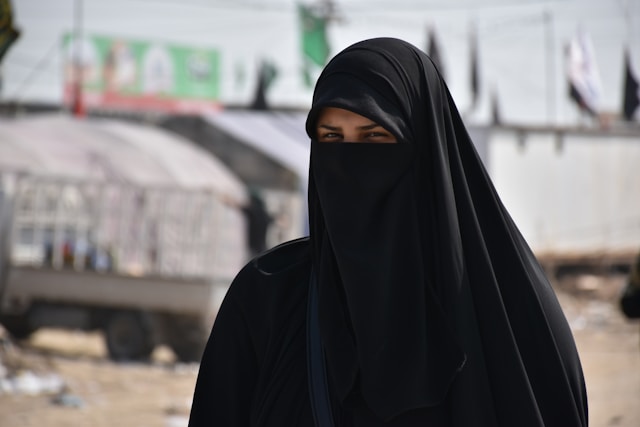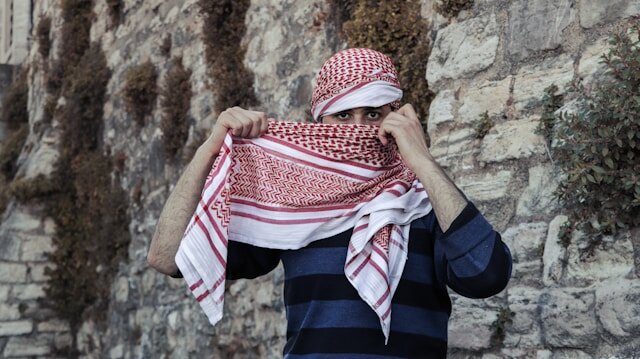Secular and Islamic feminisms and their struggle for gender equality in Morocco is selected as a case as it illustrates how a top-down legal reform can improve an exclusionary context to one of uneasy modes of attunement, but prevent heightened sense of belonging and fail short of achieving a transformative outcome. The Moroccan context began to transform in the subsequent decades particularly in the 1990s.
Feminist movement, which remained largely secular and upper-middle class until late 1980s, penetrated into leftist political parties and when disillusioned with the continued patriarchal attitude in these parties, formed non-governmental organisations. In other words, it was first the change in the mode of belonging from one of resentfulness to persistence that started to change the context from strictly exclusionary to an uneasy mode. On the secular-nationalist and leftist side, an increasing awareness regarding the persistence of feminist struggle emerged.
This eventually led to the Socialist government of 1998 to propose a reform plan although it was not realised into a concrete change in the regulatory-rights pathways. On the traditionalist side, it led to a rupture within the Islamist movement. The early traditionalism had given way to an Islamist current which placed religion at the core of the values and norms. Progressives among the conservative women responded to the traditional and patriarchal interpretation of Islam by reinterpreting feminist demands through the lens of religion. The feminist movement was divided on many levels, but also united for the need to secure women’s hard-won gains by calling for a dramatic change in the regulatory-rights framework. 2000s marked drastic changes in the Moroccan context.
On the one hand, there was a strong current demand for the improvement of women’s place and status in the society. On the other hand, parliament and political parties diverged on gender issues. Monarchy has been traditionally overseeing the political space as a tutelary actor despite the existence of multiparty elections. Rising tensions gave a unique opportunity to the monarchy in this context. King Mohammed VI formed a royal commission made up of scholars, jurists and experts from diverse backgrounds; played the role of arbiter and introduced a new personal status code which garnered support from both seculars and Islamists, circumvented the controversies in the parliament and reaffirmed the position of the monarchy in 2004.
However, the new regulatory-rights framework reflect the preference of the monarchy rather than the social actors. Hence, Moroccan case became an uneasy context, in which the mode of belonging remains precarious for women. The outcome could have been transformative if it emerged as a societal consensus or a compromise among the political parties after a series of negotiations. On the contrary, the contemporary regulatory-rights pathways are imposed from the top utilising the respect and commitment to monarchy. Moroccan women, especially from rural places and with lower education, continue to be excluded and are exposed to patriarchal oppression. However, it should be noted that the outcome is one of dialogue.
There is a relative achievement of attunement between women and the political system. The dialogue between secular and Islamic feminists continue as one way or another women’s vested rights were taken under constitutional guarantee at a certain level.






